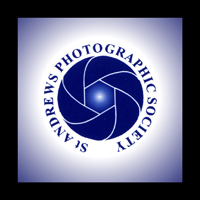TYPES OF LIGHT METER:
1. AVERAGE
This
is the simplest type, and is not often found in modern cameras. This calculates exposure from a simple average of all the
light falling on a scene
2. CENTRE-WEIGHTED
This
type of light meter gives more emphasis to the light fallingon ar area in the
centre of the viewfinder. Typically it might allocate a 60% weighting to the
middle 10% of the image.
3. MULTI-POINT / MATRIX
This
is the most sophisticated type of metering. The meter measures from a number of different points in the viewfinder, and a
sophisticated program then calculates the correct exposure.
4. SPOT
This
is the most difficult to use, and should not be used by inexperienced photographers. Here the light meter measures from a
small circle – perhaps only 2% of the total view.
EXPOSURE-MODES:
1. MANUAL (M)
Here
the photographer has total control over aperture and shutter speed and the camera’s control over these functions is
switched off.
2. FULLY-AUTO (A)
Here
the camera’s computer automatically sets everything – aperture, shutter speed and ISO. The photographer is effectively using a “point-and-shoot” camera”
3. PROGRAM* (P)
This
is similar to fully-auto, except that the photographer is usually able to set the ISO.
*
“Program” mode often includes various specialist “modes” which may be set by pictographs – such
as sports mode, night-time mode etc.
4. APERTURE-PRIORITY (Av)
In
aperture-priority mode the photographer sets the aperture and then the camera adjusts the shutter speed according to the meter
reading. Most often used for landscape photography where depth of field is important.
5. SHUTTER-PRIORITY (Sv)
In shutter-priority mode the photographer sets the shutter speed and then the camera adjusts the aperture
according to the meter reading. Often used for sports photography where a fast shutter speed is needed to freeze the action.
